See the beauty of
GuatemalaWith a strong influence of Spanish and Mayan cultures, Guatemala is known throughout the continent as one of the politest societies.
Learn more
Guatemala
Etymology – Land of Forests
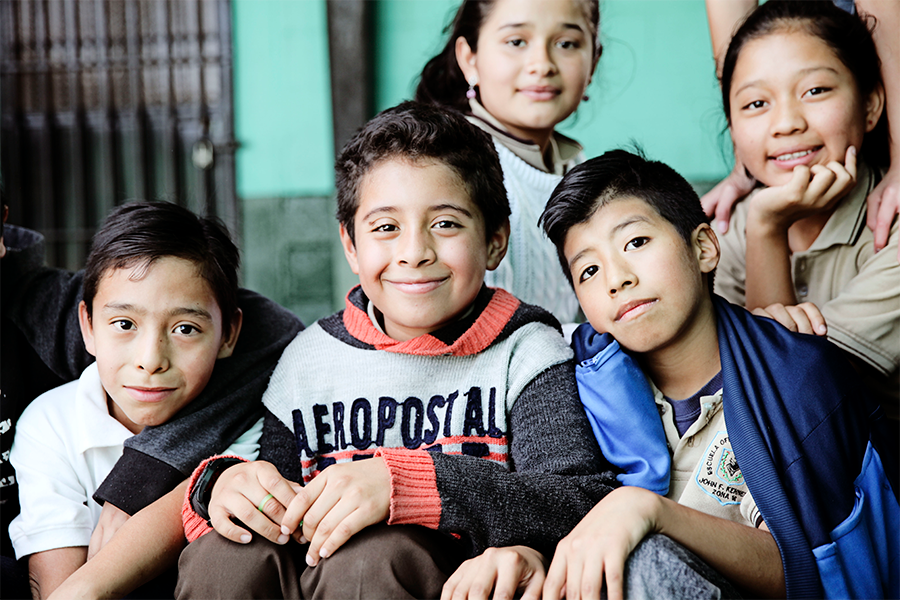
DEMOGRAPHICS
- Population: 15 million
- Life Expectancy: 71 years
- Literacy Rate: 76%
- Religion: Roman Catholic, Protestant, Mayan
- Over 5 million rural poor
- 13% of children under the age of 5 are underweight
- Official Language: Spanish
- There are 23 different ethnic groups and languages
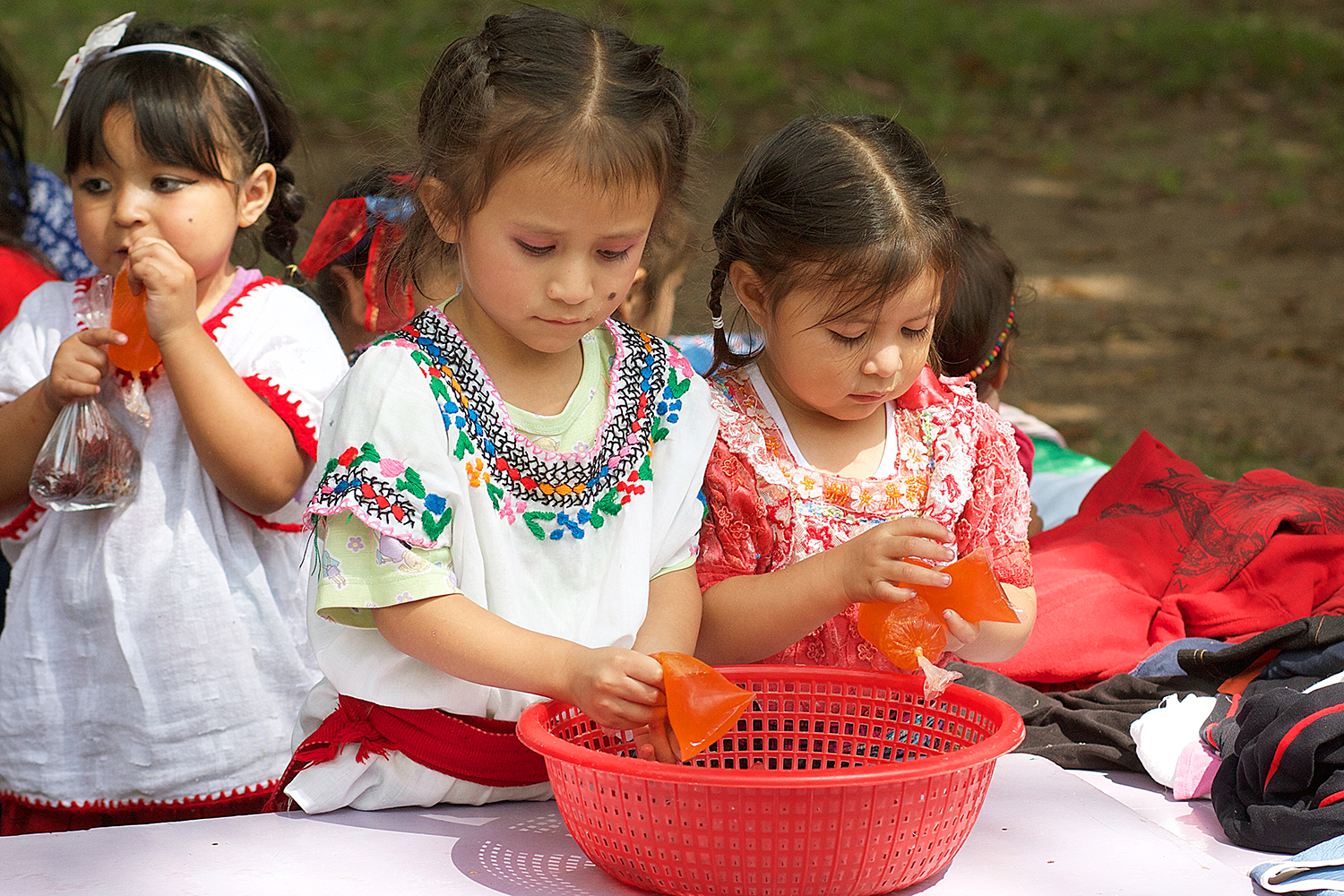
Culture
-
Guatemalan culture is a blend of old Colonial traditions, Mayan practices and modern worldwide influence
-
Guatemala is still recovering from a 36 year civil war, ending in 1996
-
Visiting is important to building strong relationships with relatives and friends
-
You never feel alone while in Guatemala
-
Food is always an important part of any meeting
-
Favorite national foods are a variety of chicken or pork stews
-
Not a day goes by without some rice, beans, and tortillas
Program Overview
Partnership
Administered through an innovative, three-way partnership between World Orphans, Guatemalan churches, and US churches, Home Based Care (HBC) is a family-based program that prevents the rise of the orphan population by caring for children in a home environment. We partner US churches with Guatemalan churches that each wholistically care for families who are caring for orphaned and vulnerable children. Caretakers include single mothers, extended family, neighbors, friends, and church members.
The Goal
The goal of this program is to equip, inspire, and mobilize local churches to build deeper relationships with at-risk families within their communities. Relationships grow through frequent visits to families in their homes to offer prayer, biblical training, counseling, and overall encouragement. To empower this wholistic approach to orphan care, World Orphans and US churches connect with Guatemalan churches to provide Gospel-centered training and funding.
Funding
Funding for the HBC program comes through our Church Partnership program. This funding ensures that these children receive the following:
Food
Food baskets provided to the families
Medical Care
Monitoring of health and access to medical and dental services
Education
Assistance with school supplies, and tutoring
Emotional Care
Counseling and therapy from our World Orphans team and church members
Spiritual Care
Fellowship, prayer, discipleship, and encouragment
How it Works
Local church members form the committee
HBC Committee
Selected and administered by the Guatemalan pastors, the committee consists of 4-8 local church members who are qualified and have a passion to serve and wholistically care for children and families in need.
Planning and budgeting
The HBC committee works to identify 20 orphaned or vulnerable children in the community who are in the greatest need. From there, they meet with the caregivers to determine if the family is a good fit for the program. The due diligence process includes completing a Child Intake Form, informing World Orphans about each child in the selection process, discovering the family/caregiver history, and providing reasons for the program selection.
ChilD Selection Process
The HBC committee works to identify up to 20 orphaned or vulnerable children in the community who are in the greatest need. From there, they meet with the caregivers to determine if the family is a good fit for the program. The due diligence process includes completing a Child Intake Form, working with the World Orphans social worker/psychologist to assist the church in the selection process, discovering the family/caregiver history, and providing reasons for the program selection.
Home VisitS Per Family Each YEAR
Home Visits
Each family in the program receives at least one monthly home visit from the HBC committee. These visits ensure each child is receiving proper care and meeting pre-determined milestones in his/her development. Families and children receive encouragement, discipleship, education, and prayer during these visits. Further child assessments are made at church.
Impact reports each year on church, child, and community
Program Accountability
With long-term care of each child as our goal, we are serious about ongoing accountability. Our World Orphans staff members frequently communicate with the Guatemalan pastors and HBC committee to monitor and assess each child and the overall structure of the program. The pastors are required to provide monthly financial reports on how funds were apportioned, as well as quarterly reports assessing the overall HBC program as it relates to the impact on the church, the children, and the community.
Economic Empowerment
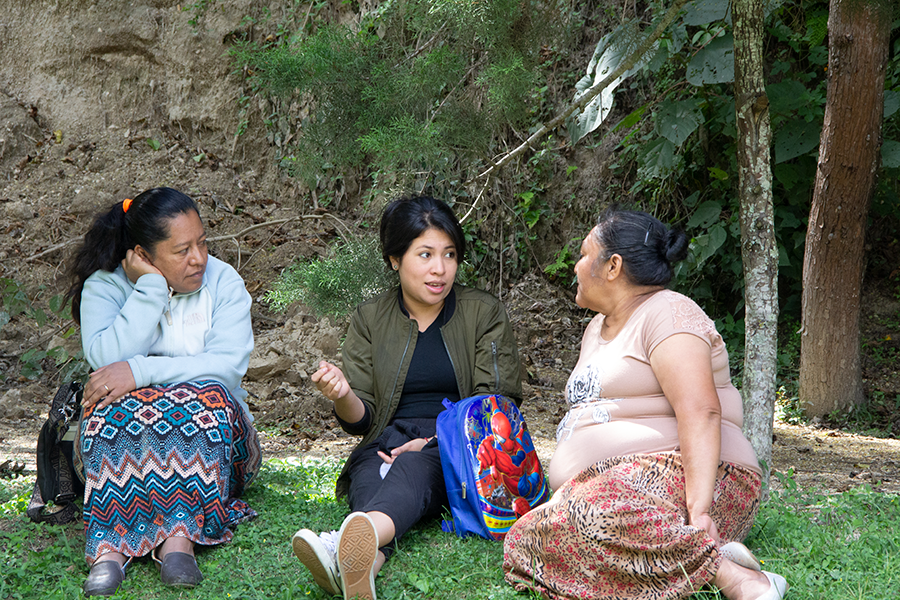
Savings Groups
Our Guatemalan World Orphans Director of Economic Empowerment oversees the implementation of the Restore Savings Curriculum developed and tested by The Chalmers Center with our savings groups.
We train church leaders who then lead the savings groups for caretakers of orphaned and vulnerable children. Each group is self-sustainable and it helps people to be good stewards of the gifts and abilities God has given them.
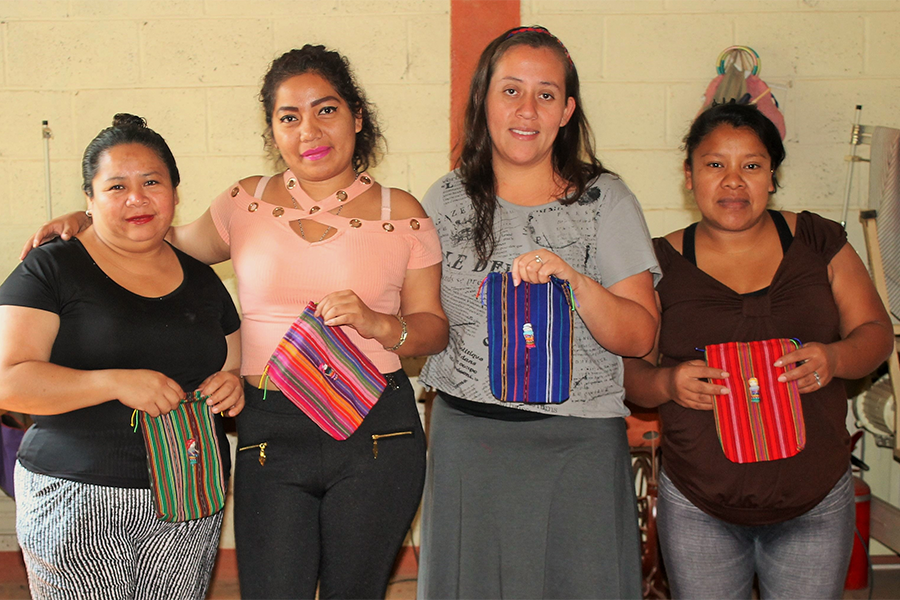
skills training for women
In partnership with some of the local pastors with whom we partner, we are providing sewing classes, cooking classes, and basic business training to equip the caretakers to be artisans and business owners, equipping them in multiple areas, from goal setting to the intricacies of being an entrepreneur. Our aim is to help them identify the gifts and talents that God has gifted them with so they can flourish, providing for their families and being a contributing member of their community.
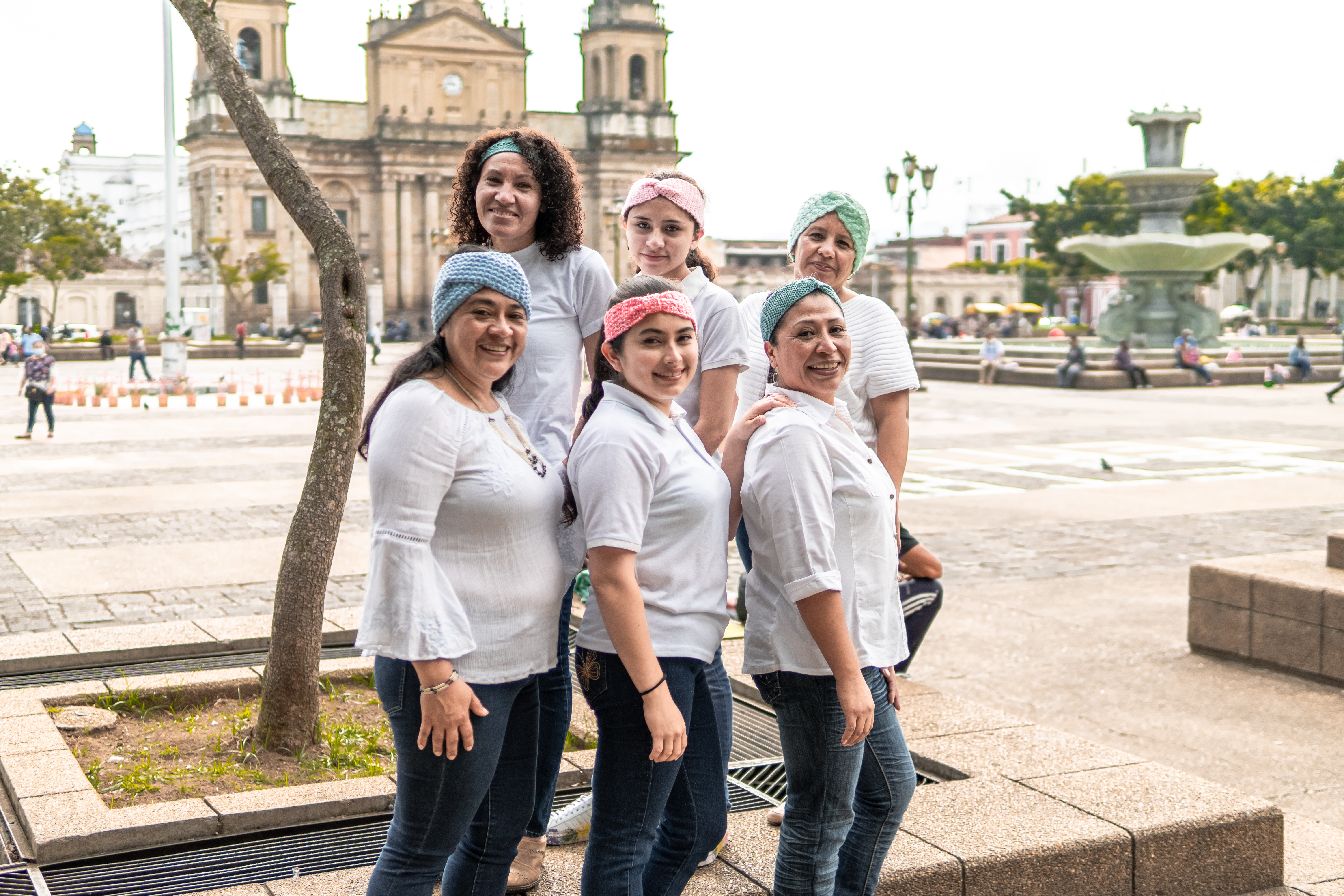
WORLD ORPHANS MARKET
At World Orphans, our economic empowerment program creates a space for artisans to contribute by using their God-given talents and abilities. We believe that building stronger families and improving quality of life begins with recognizing that every person is created with purpose, value, and possesses intrinsic dignity.
By purchasing a one-of-a-kind handmade item from the World Orphans Market, you are helping preserve families, keep children out of orphanages, and empowering families to thrive.
